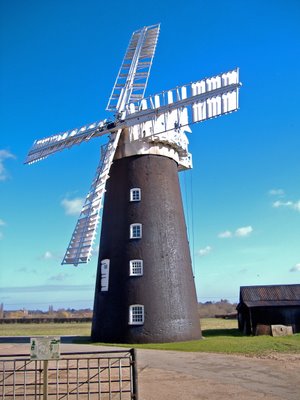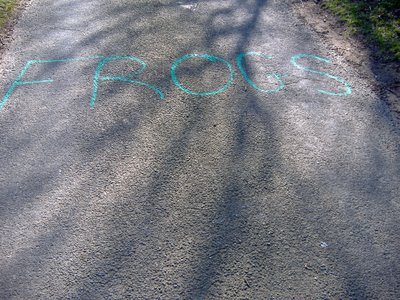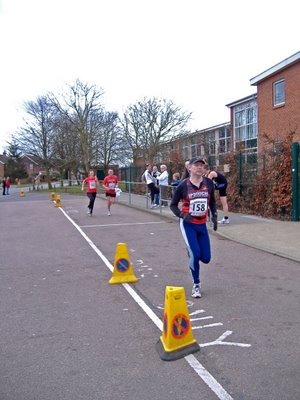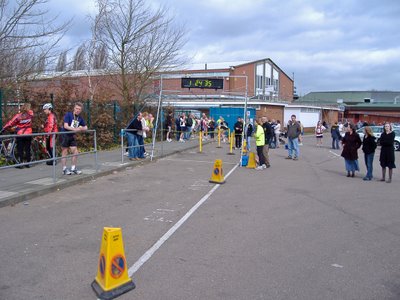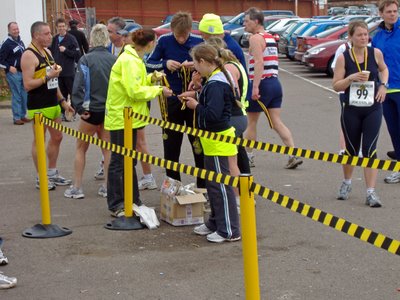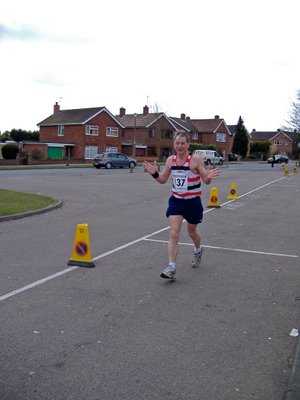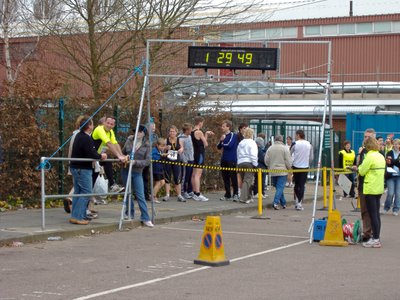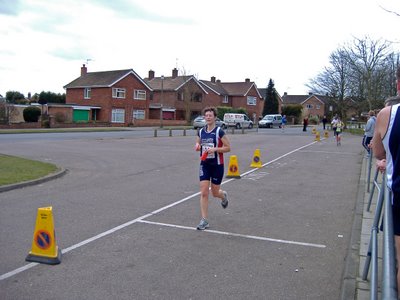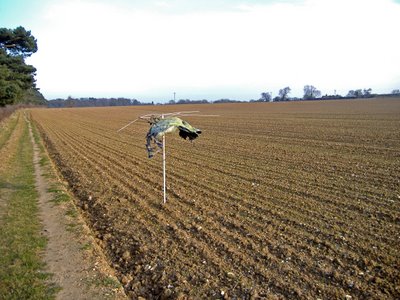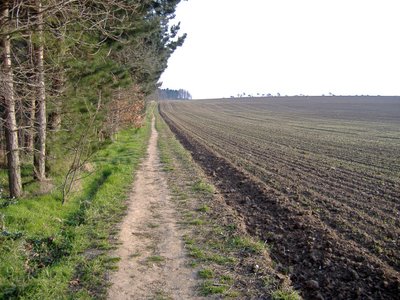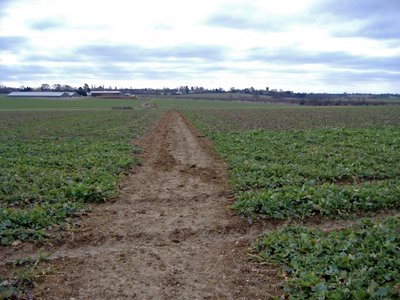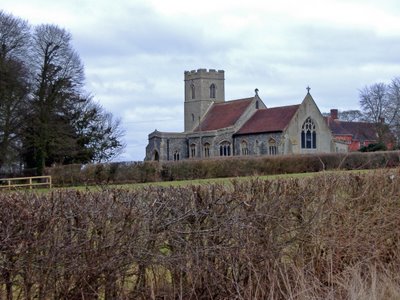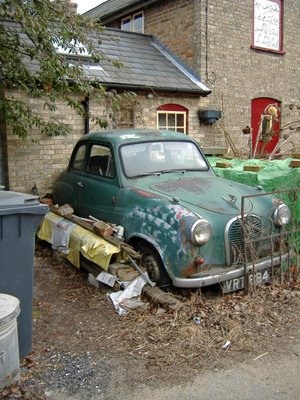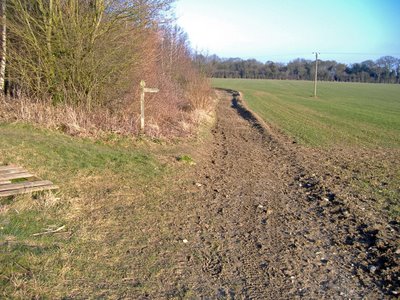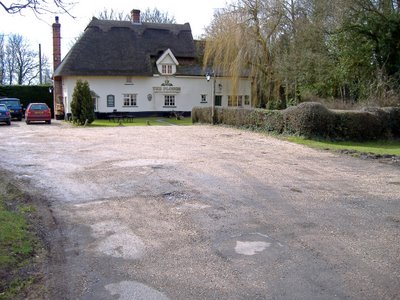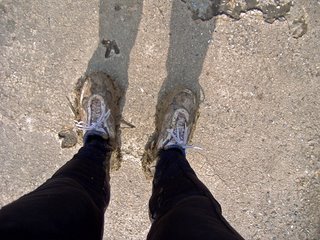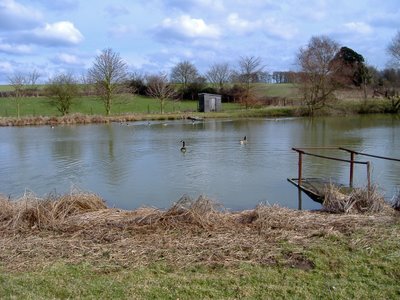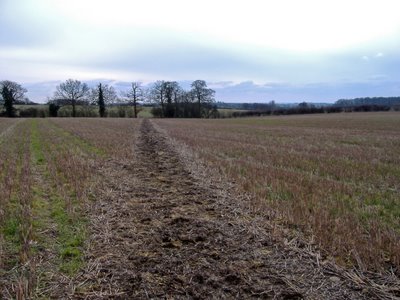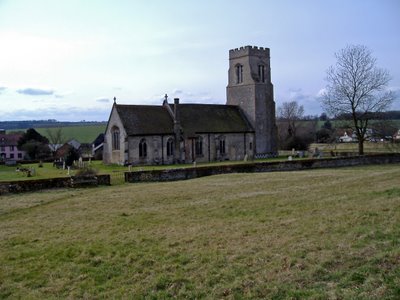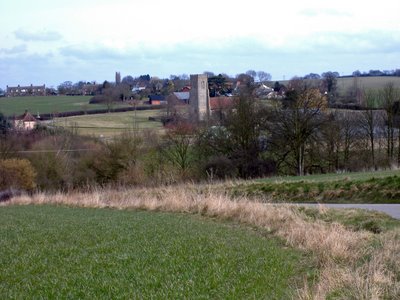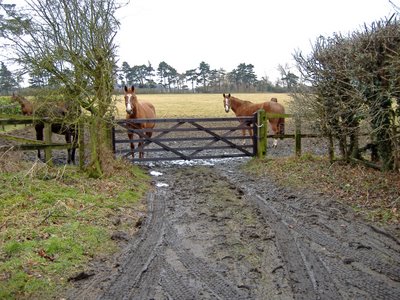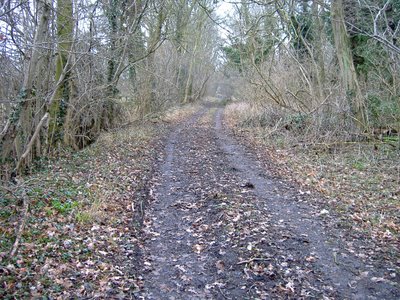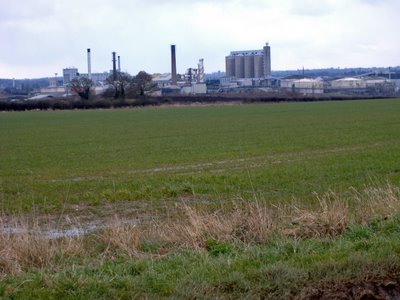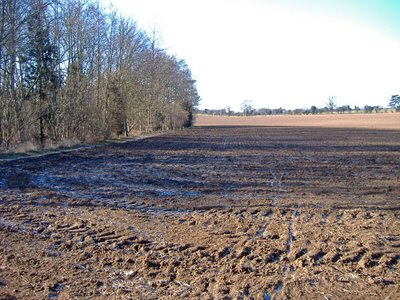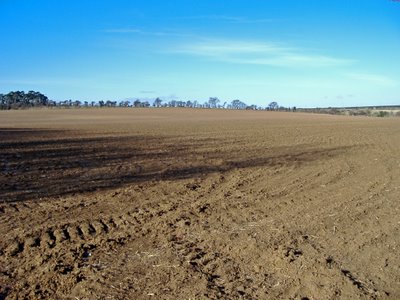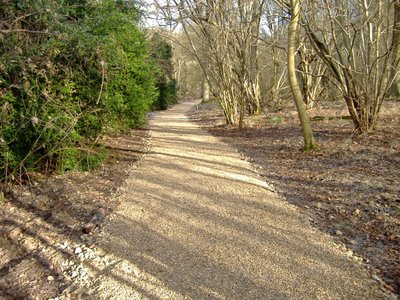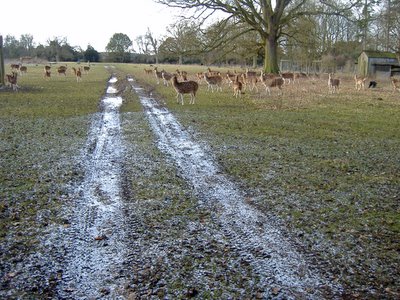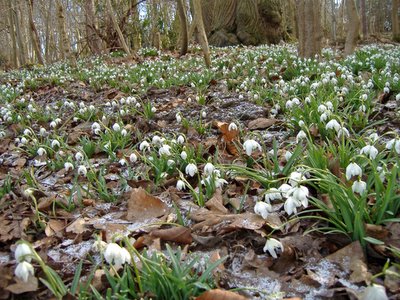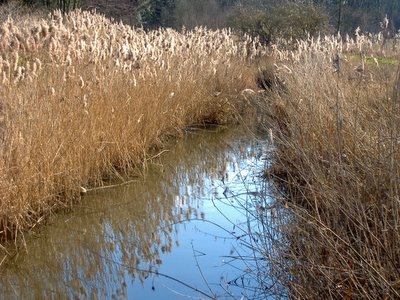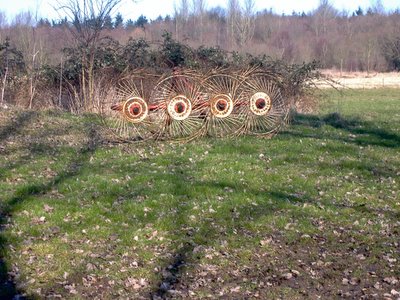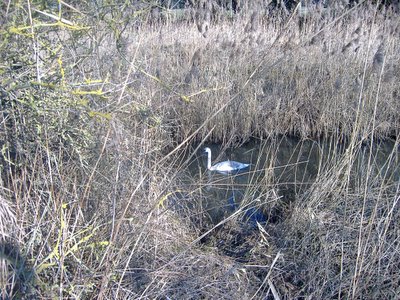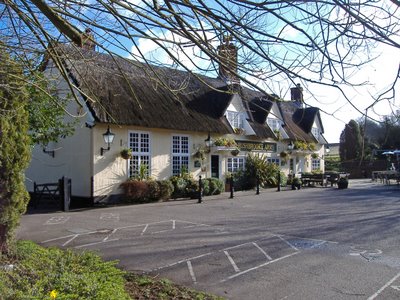
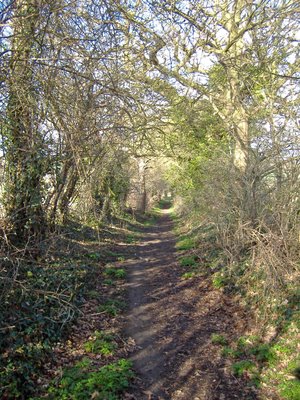
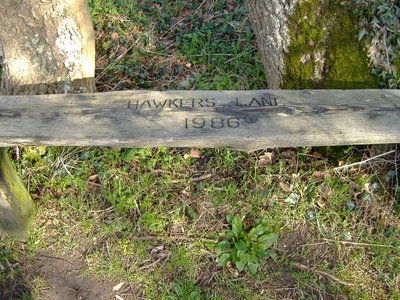
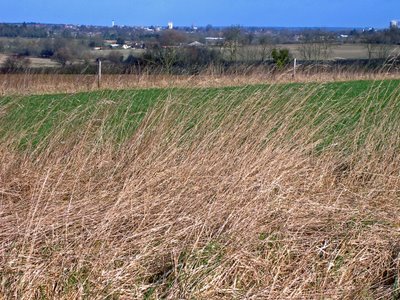

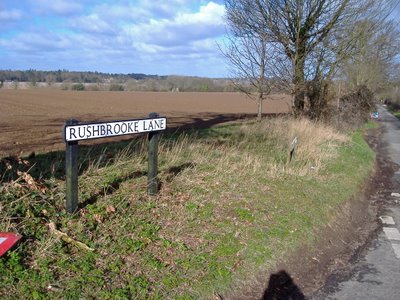
8.45 am 9.5 miles in 1 hour 19 minutes 03 seconds
Week to date mileage 23
Month to date mileage 144
Average weekly rate 31.2
Average Monthly rate 135
Weather Sunny dry and mild
A wonderful circular run today. I set out from home in Bury St Edmunds and headed through the water meadows along Cullum Road and out along the pathway which runs beside the A134. This is the busiest section of this run and is a bit noisy but just turn up your MP3 player and it all fades away. I did as I listened to the Ramones, Jimmy Eat World, The Undertones and Cyndi Lauper.
The run becomes much more fun when you reach the Rushbrooke Arms in Sicklesmere. I am told this pub used to be called the Sicklesmere Wagon and this surely is a more appropriate name being as this pub is clearly in Sicklesmere and not Rushbrooke. Strange there must be some history as to when and why it changed its name any one know the storey?
The rights of way passes through the back of the beer garden and heads up hill from 41 metres to 75 metres above sea level which is a fair climb for these parts. Up Hawkers Lane there is a lovely view from here of Bury and Sicklesmere and once again another new view of the Cathedral and the Sugar Beet factory.
Anyone know the significance of the name for this lane? The history of hawkers dates back hundreds of years and seems to have had a very negative conatation at one time as being loose and idle people who sell illicit books. The OED defines the hawker as one who "goes from place to place selling goods, or who cries them in the street." So, the word goes back either to the sound of the person (he sounds like a hawk) or, more likely, the fact that such a person was always concentrating on his prey, like a hawk. Another associated word seems to be cadge these were people who were even lower than a hawker as they apparently impersonated hawkers.
Hawkers was a word also loosely used to describe gypsies or travellers. Many of the hawkers were religous outcasts - catholics or jews that arrived in England from Holland,Germany, Spain and Portugal.
Many hawkers would call out their wares for sale as they approached a village. The earliest mention of London Cries is recorded by the one and only John Lydgate one of our local monks and a prolific writer in the monastery in Bury St Edmunds. London Lackpenny a hawkers verse dates from the 15th century. There is a good site with a history of london cries which includes many a hawkers song. A couple of examples
Rabbit seller
Rabbit ! a Rabbit ! who will buy ?
Is all you hear from him ;
The rabbit you may roast or fry,
The fur your cloak will trim.
Is all you hear from him ;
The rabbit you may roast or fry,
The fur your cloak will trim.
Your coppers, kettles, pots, and stew pans,
Tho' old, shall serve instead of new pans.
I'm very moderate in my charge,
For mending small as well as large.
After the wood you follow a grassy path through to Home Farm at Rushbrooke and here the path turns sharp left to Hall Farm and the run here is along an old concrete path through to North Hill Cottage.
I continued along Rushbrooke Lane and back into Bury. A very enjoyable circular run.
Tho' old, shall serve instead of new pans.
I'm very moderate in my charge,
For mending small as well as large.
After the wood you follow a grassy path through to Home Farm at Rushbrooke and here the path turns sharp left to Hall Farm and the run here is along an old concrete path through to North Hill Cottage.
I continued along Rushbrooke Lane and back into Bury. A very enjoyable circular run.
